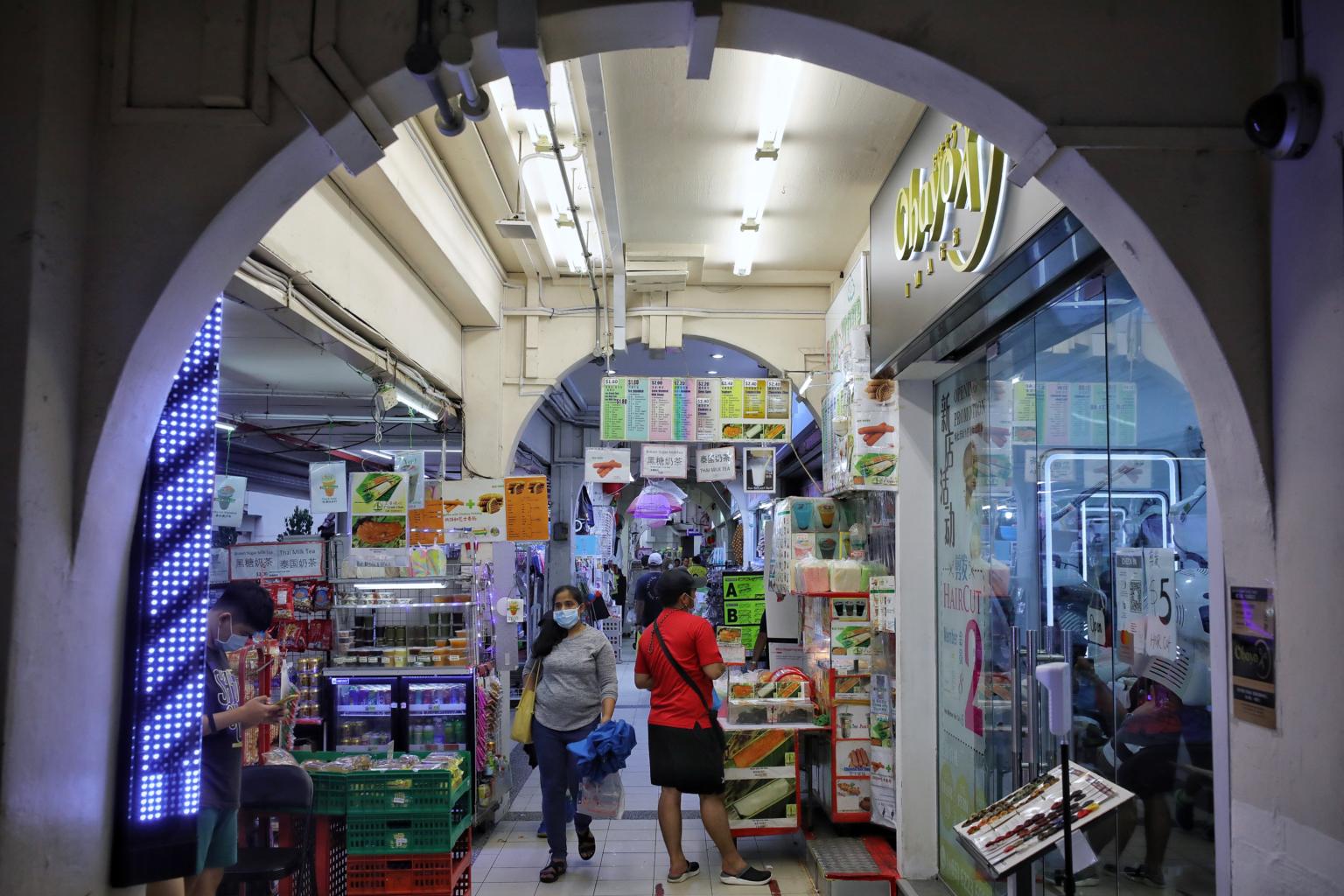Consider alternatives to raising GST amid nascent Covid-19 recovery: Jamus Lim
Sign up now: Get ST's newsletters delivered to your inbox

Workers' Party MP Jamus Lim questioned if GST is the ideal instrument for raising public funds to support the healthcare needs of Singapore's ageing population.
ST PHOTO: KEVIN LIM
Follow topic:
SINGAPORE - Raising the goods and services tax (GST) from next year and tightening Singapore's fiscal policy could add "unnecessary frictions" to the country's nascent post-Covid-19 recovery, said Workers' Party MP Jamus Lim (Sengkang GRC) on Monday (Feb 28).
He said Singapore runs the risk of "shooting (itself) in the foot and scoring an own goal" if it proceeds with the GST hike, and that there are alternative sources of revenue that Singapore can tap to meet its fiscal needs.
Speaking in Parliament during the debate on the Budget 2022 statement, Associate Professor Lim said Japan's gross domestic product (GDP) "collapsed" following increases in its consumption taxes in 1997 and 2014, with the economy going into a recession after. Inflation also rose, and the additional revenue generated by the higher tax was insufficient to justify the hikes, he added.
While Singapore's previous GST increase in 2007 did not trigger a recession, Prof Lim said the economy's 1.1 per cent growth rate in 2008 represented a "sharp drop" in activity compared with 7.8 per cent the year before.
The Monetary Authority of Singapore noted then that Singapore's economic growth for 2008 had been impacted by the fallout from the global financial crisis, which spread to the real economy worldwide.
The global economic environment is less favourable today than it was then, Prof Lim said. He cited the International Monetary Fund's forecast of slowing world GDP growth over the next two years - from an anticipated 4.4 per cent this year to 2 per cent in 2023 and 1.6 per cent in 2024.
"A GST hike is also particularly ill-timed because it holds the potential to stoke already-elevated inflation," Prof Lim said.
"While the direction of inflation in the future is anybody's guess… it would not be surprising if inflation remains elevated through to year-end."
Prof Lim asked if the Government would re-examine the timing of the GST hike and consider further delays if economic conditions continue to remain unfavourable in the next two years.
He also questioned if GST is the ideal instrument for raising public funds to support the healthcare needs of Singapore's ageing population.
Prof Lim noted that the Government's approach to addressing the regressive nature of GST is to issue vouchers to lower-income households and offset the increase, but raising GST while handing out vouchers may still make the overall tax system less progressive compared with not raising it at all.
He also said the $6.6 billion Assurance Package, which offsets the increase for most Singaporeans, will not last forever, and that the permanent GST Voucher scheme also leaves out groups which do not qualify, such as those above the 40th percentile of earners.

Prof Lim said additional revenue from alternative sources could come close to the $3.66 billion expected income from the GST hike.
One example is to raise the corporate tax in line with the Base Erosion and Profit Shifting initiative or BEPS 2.0, a global effort to impose a minimum effective corporate tax rate of 15 per cent. This could generate $3.45 billion, even if small and medium-sized enterprises (SMEs) are allowed to retain their current effective rate of 3 per cent, said Prof Lim.
He said additional taxes on wealth, including the Government's proposed changes to property tax, could generate $3.7 billion.
Reducing the share of reserve interest income that is returned to Singapore's reserves from the current 50 per cent to 40 per cent could generate $4.31 billion while continuing to grow the reserves, albeit at a slower rate, Prof Lim said.
Also, increasing taxes on gambling, alcohol, tobacco and carbon emissions could generate $3.65 billion, he added.
"We can, in fact, choose not to raise GST by adjusting some of the other levers available to us," Prof Lim said.
"One could even mix and match among the proposals to craft a revenue mix we can accept."
Prof Lim said he cannot support the Budget statement because of its "stubborn reliance on raising the GST", but he expressed support for other aspects such as the expansion of the Progressive Wage Model to more sectors and the Small Business Recovery Grant, which is targeted at SMEs and sectors that are hit hardest by the Covid-19 pandemic.

